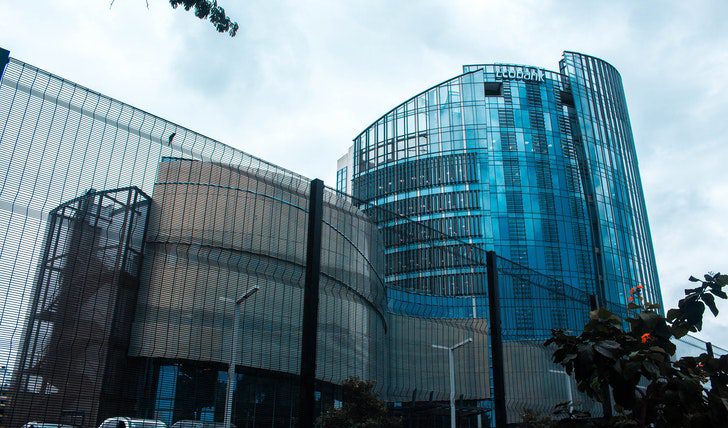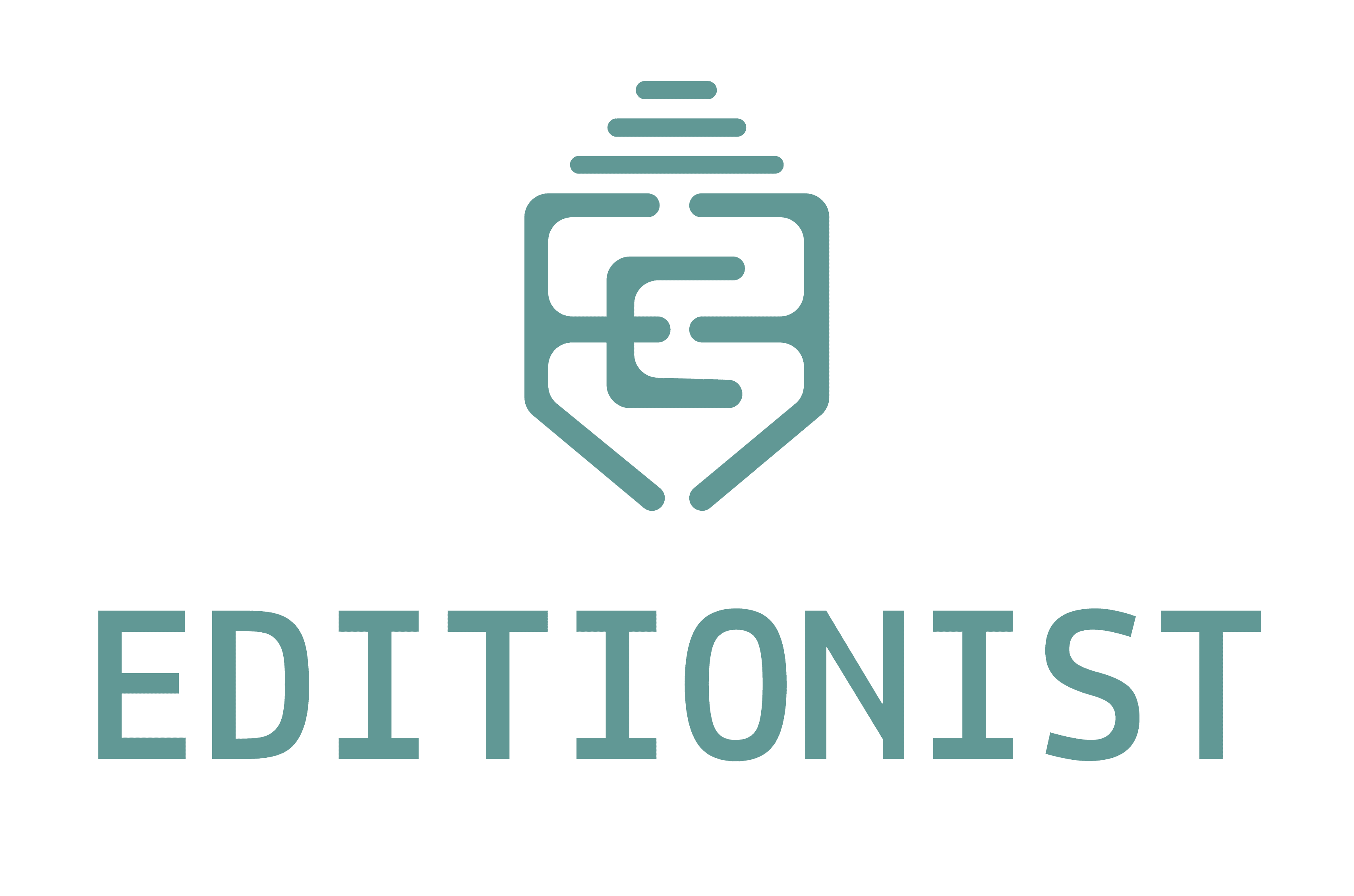In the history of mankind, whenever there have been calamities, we have always turned back to the traditional ways to find solace. Be it social, political, or financial. In 2008, when the Great Depression hit, it was hard for most people to survive. Not only in the U.S but throughout the world, households struggled with making ends meet.
Saudi Arabia, for example, succumbed to the financial depression despite being one of the richest countries in the world. Other middle eastern and European countries were no exception. Nevertheless, the response of these countries that were hit by the extended financial recession was different. For instance, the United States took different initiatives than Japan or North Korea. Similarly, different approaches were used in Britain than in Canada and the rest of the world.

However, if there is one thing that remained common among all countries, it was banks. All these countries headed over to the commercial banks to see if they could offer any help. By and large, banks turned out to be efficient in handling the global financial crisis that sustained for more than three years. The first thing that banks considered was household savings.
According to reports, during the Great Depression, household savings in all major countries fell to 2.5%. This was alarming for most commercial banks. To begin with, commercial banks in Saudi Arabia took initiatives to tackle household savings. By the end of the year, these commercial banks were successful in bringing household savings to 4%.

Likewise, this was equally true in the United States. Consumers reached out to their respective banks to come up with solutions to the grave financial crisis that they were in. Consequently, banks across the U.S played their roles in coping with the financial crisis. Not only did they promote financial literacy among the consumers they also provided them with instant cash that helped them at least in the short term.
Here are some of the ways in which banks can play a key role in improving financial literacy among their consumers:
-
A Platform For Risk-Free Saving
To begin with, a bank is a place where you can save your money without any risk of losing it. No matter how worse the situation is, your bank is always entitled to give you the money you have stored.

Likewise, you can deposit your money in the form of hard cash whenever you want. Thus, there is no risk and it is reliable. At this point, banks can also let their consumers know about the importance of household savings and emergency funds. This way, tehy can motivate the consumers to put aside their money for unforeseen times like financial crises.
-
Financial Awareness Programs
Apart from instant deposits and risk-free savings, banks can also organize seminars. These seminars will center around bringing financial awareness among the consumers.
Similarly, banks can also launch new products by introducing them to the public. Thereby, they can advertise their products and spread financial literacy among the consumers at the same time.




